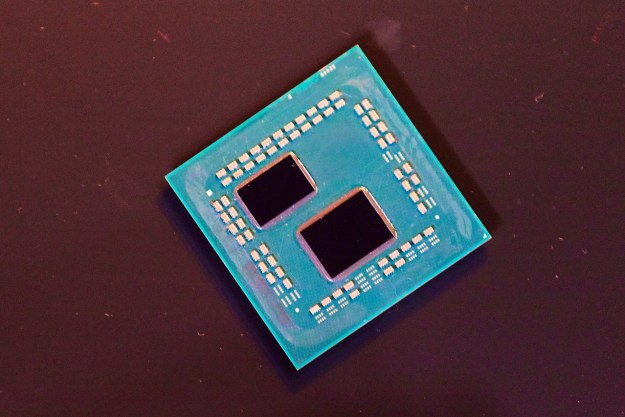An investigation into IBM’s hiring and firing practices revealed that the company reportedly violated discrimination laws by targeting older workers. The revelation stems from ProPublica, which reviewed internal company documents, public records, and legal filings while also gathering information from more than 1,000 former IBM employees through questionnaires and one-on-one interviews.
“ProPublica estimates that in the past five years alone, IBM has eliminated more than 20,000 American employees ages 40 and over, about 60 percent of its estimated total U.S. job cuts during those years,” ProPublica reports.
IBM’s goal, it seems, is to flush out its older workforce and fill the void with fresher faces to reflect its younger “fiercest competitors.” According to the findings, IBM supposedly laid off older workers due to “out of date” skillsets, only to re-hire them as contractors to perform the same duties at a lower pay and no benefits.
Even more, older employees targeted for layoffs were encouraged to apply for other positions and train their replacements although managers from the other departments were advised not to even hire them. IBM also allegedly “took steps” to boost resignations and firings so they’re not counted as layoffs and fall under the required public disclosure.
“[IBM] denied older workers information the law says they need in order to decide whether they’ve been victims of age bias and required them to sign away the right to go to court or join with others to seek redress,” the report states.
One former IBM employee who came forward for ProPublica’s report is New York-based digital marketing strategist Marjorie Madfis. She worked at IBM for 17 years and found herself without a job for no apparent reason. She was 57 at the time of her layoff and joined by six other members of her nine-member team, all women in their 40s and 50s. The remaining two unaffected by the layoffs were younger men.
Another former IBM worker, Brian Paulson, served the company for 18 years. His performance as a senior manager was reportedly exemplary, but he was laid off due to “performance” issues without any real explanation. He also didn’t have any job-related connection to the executive who called and gave him the termination notice.
The Age Discrimination in Employment Act came online in 1967 to protect workers over 40 years of age against discrimination related to “hiring, promotion, discharge, compensation, or terms, conditions or privileges of employment.”
But that hasn’t stopped corporations from age discrimination practices, especially over the last 20 years due to global competition and investor greed. Courts have reportedly weakened the law at the pleas of corporations to the point where age discrimination is a secret but common practice.
“Everybody knows it’s happening, but often these cases are difficult to prove [because courts have weakened the law],” says Victoria Lipnic of the Equal Employment Opportunity Commission.
An IBM representative said the company complies with federal laws and is “the only tech company that has not only survived but thrived for more than 100 years.”


